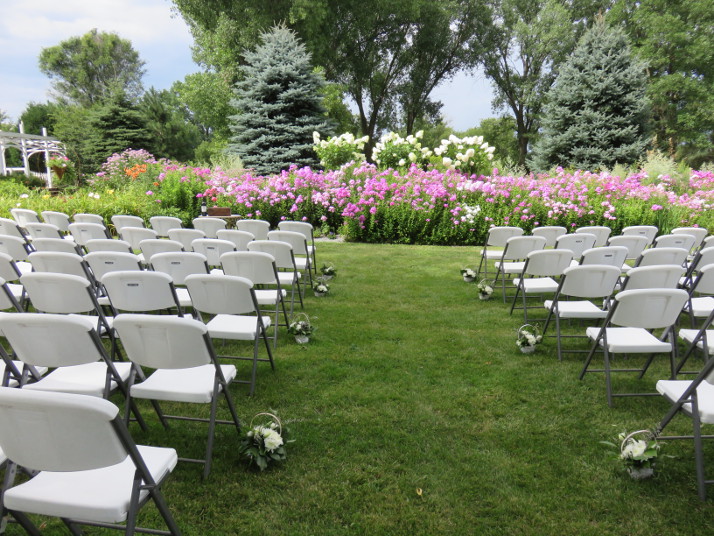Modern Marriage
Modern marriage is a venture of equals. No longer is the bride viewed as property to be passed from father to husband. No longer is marriage a financial transaction to enhance the wealth of a man. No longer must a woman forfeit her money or property and lose all rights to either in the future. Thankfully, modern marriage is a joining of equals based on feelings of love and a commitment to build a future together.
Unfortunately, some of the traditions of the wedding ceremony have not kept up with the times. There are a few “traditional” parts of the ceremony that you may choose to drop or modify so the ceremony reflects your views and values. Here are just a few examples:
– The bride is traditionally escorted in to the ceremony by her father. Historically this represented the literal transference of the “property” -the bride- to the groom. In modern marriage the honor of escorting the bride (and the groom) can be given to the parents, or kept with the father to recognize a special, loving relationship. However, you are welcome to enter as a couple, you can enter alone, or you can choose to be escorted by anyone who has held a special place in your life.
– Upon arrival at the front of the ceremony space, the bride’s escort is traditionally asked, “Who gives this woman in marriage to this man?” or something similar. There is absolutely no reason this must be included in your ceremony, and most guests won’t even miss it if it’s not. A heartfelt hug shared with your escort before stepping forward with your partner is sufficient and lovely.
– Traditionally, the bride wore a veil over her face for the first part of the wedding ceremony. Her face was only revealed after the vows had been said. This prevented a groom who had never seen his bride before from bolting if he didn’t like her looks, or was done to preserve her modesty. Today only some brides choose to wear a veil at all, and do so as a fashion statement, not to prevent being seen.
– Wedding vows used to include the phrase, “love, honor and obey…”, but only for the bride. In modern wedding ceremonies you can choose to write your own vows or select vows that are meaningful and appropriate for the relationship you have built with each other.
– And finally, modern marriage uses parallel language, so it is no longer “man and wife” but “husband and wife” recognizing that you are both taking on a new role in marriage. Similarly, the introduction of the couple at the end of the ceremony is more likely to be “Mr and Mrs John and Mary Smith” or, if you’re not changing your last name, “… as a married couple, Mary Jones and John Smith”, or even, “Mary and John Jones-Smith”.
Modern marriage is a joining of two equal people, be they men, women or one of each, so make sure you review the language and rituals of your wedding ceremony to ensure it reflects your thinking and values.

